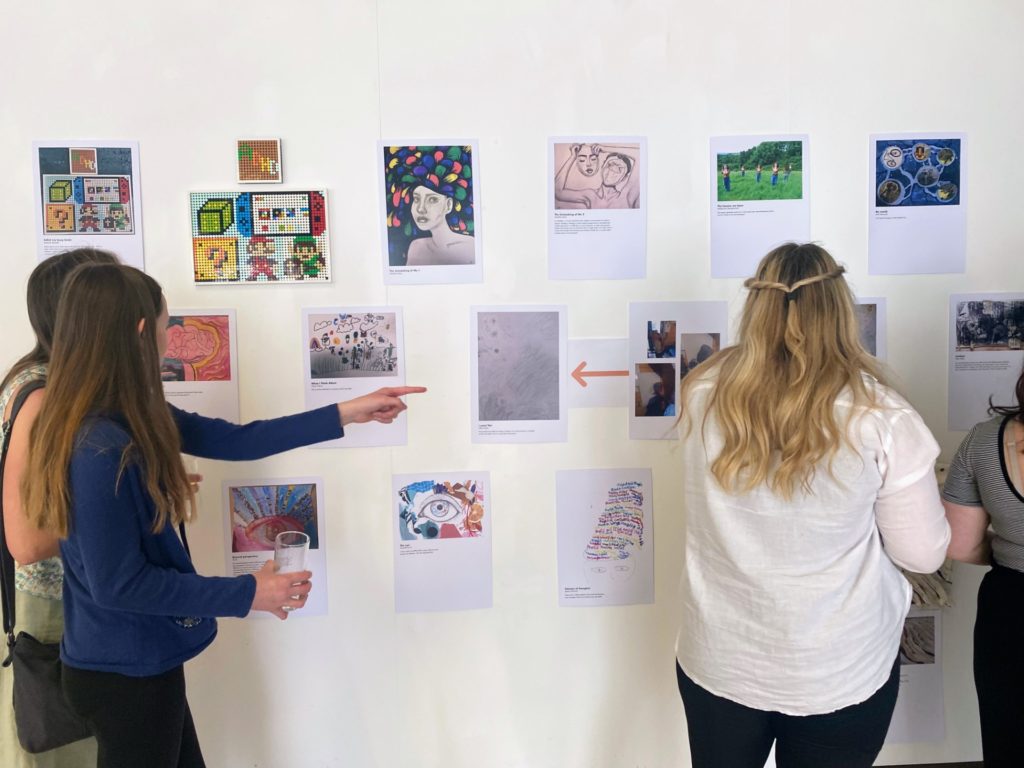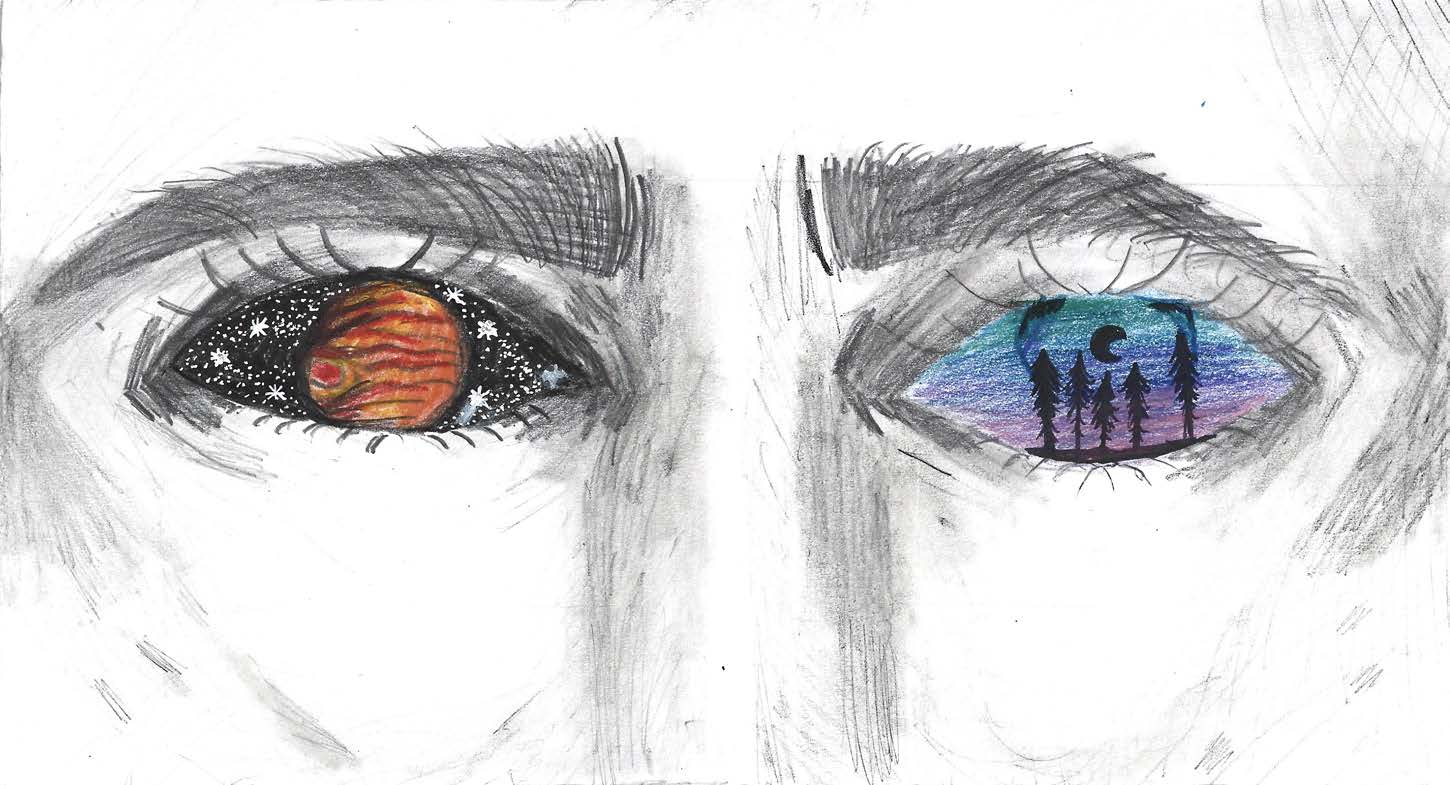The PER Team caught up with Springboard Fund awardees Rachel Griffiths (Lead Applicant), Saffron O’Neill, and Joanna Merrett (Co-Applicants) who told us more about their project.
We wanted the “Our Neurodivergent Experience” project to challenge negative beliefs about neurodiversity and tackle the pervasive stigma and isolation among neurodivergent young people living in Devon. We also wanted to underscore the dire consequences of policy-makers’ inaction on these critical issues and increase public engagement in conversations about what better SEND support might look like. The team came together to write this application as a nascent team across two different faculties; brought together by our shared vision of how expertise and resources at the University of Exeter could usefully help to bring about change. Most notably, we set out to act as a nexus for many kinds of expertise on neurodiversity within Devon and to build a new community of practice on neurodiversity and inclusion.

We recognised the high numbers of neurodivergent young people in Devon being educated through alternative provision, so we wanted to engage community interest companies and organisations beyond schools. We therefore collaborated with the Esteem Team (an alternative education provider), Devon County Councilʼs SEND participation team, Well Image CIC, and local creative arts professionals.
We also wanted to co-produce the project with the community, so we worked with neurodivergent young people themselves to devise the prompt, “What being neurodivergent means to me,” and to create template art sessions to support a greater diversity of participants, particularly those not in school or who prefer non-verbal communication.
We therefore devised, created and staged an exhibition of artwork created by neurodivergent young people between 7 and 25 about what being neurodivergent means to them. We staged the exhibition at Positive Light Projects on 21st June 2024, with an evening launch attended by senior local community leaders, MPs and councillors, heads of SEND, senior University of Exeter leadership, University of Exeter staff and Students’ Guild members, the artists and their friends and family. We displayed posters highlighting Devon’s data about school exclusion and SEND provision, plus a call to action for SEND leadership. We also collaborated with University of Exeter’s Arts & Culture team and created a parallel, permanent, online version of the exhibition.
The biggest challenge we faced was to make sure that the neurodivergent young people did not feel that their contributions were tokenistic, as this would reproduce previous experiences of being overlooked and not listened to. We worked hard to bring young people and families with us: asking for feedback on ideas, handing over responsibility for certain aspects of the project, taking time to hear a variety of views, change direction when needed, and practice “slow culture” within the process.
The launch evening for the exhibition was even more successful than we had hoped for: celebratory, emotional and thought-provoking. We had wonderful feedback from attendees, and have captured this on our project website.

We now have a set of artwork that we can take further into the community to provide a backdrop to conversations about better SEND support across Devon, co-produced with neurodivergent young people and grounded in strengths-based research. Our future research will benefit from our increased knowledge about practical implementation of creative methodologies, how to engage a wide age-range, and how to work more successfully with neurodivergent young people who struggle with demand avoidance. The public we engaged with told us they benefited from the ability to reflect and have a better understanding of experiences of others.

We have since created a new community website for all the outputs from the project and will use it as a central portal to collect Devon-wide resources, signposting and services information in one place. We have also been invited to the upcoming Futures Festival to showcase the exhibition and continue the conversations we started with the public in June. Our long-term aim is to use the conversations that this project has started to work with extra-marginalised neurodivergent young people in Devon to shape SEND support in our county.

